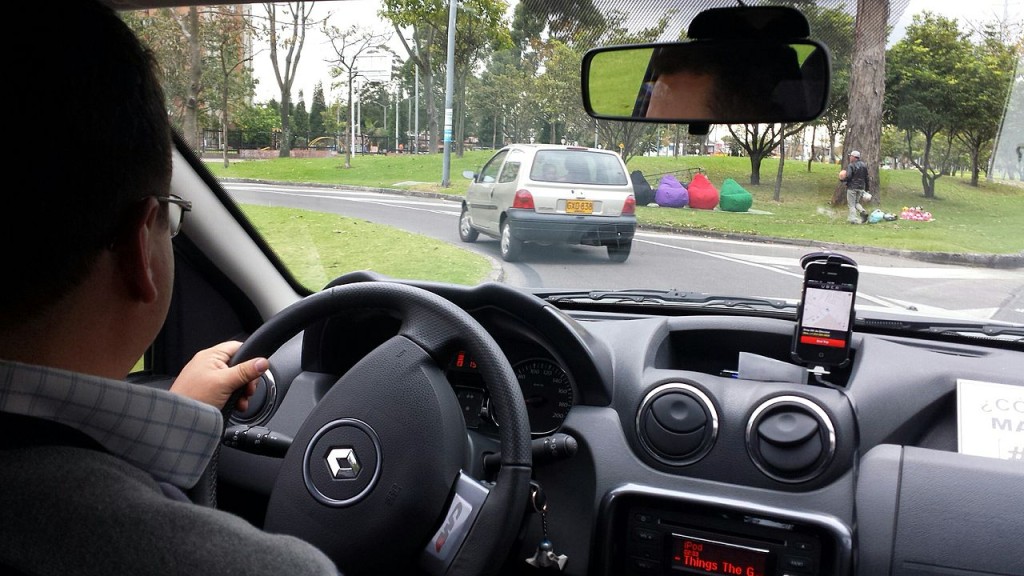Sharing Means Sharing Risk

Catherine Rampell writes about the dark side of the sharing-economy:
It’s true that, in many ways, sharing-economy jobs can offer more autonomy than traditional employer-employee relationships. But there’s a dark side to these work arrangements that gets considerably less press: the shifting of risk off corporate balance sheets and onto the shoulders of individual Americans, who may not even realize what kinds of liabilities they’re taking on.
…
Celebration of these riskier arrangements can seem especially strange when you consider that society’s ability to better manage risk, and spread it over larger pools of people, is considered by many historians to be one of the great advances of 20th-century finance.
I’ve often thought of the sharing-economy as an example of making lemonade out of lemons.
In the churn of the Great Recession, consumers turned to less expensive sharing services to maintain their quality of life, and workers took sharing-economy jobs out of desperation. I have no doubt that companies like Airbnb or Uber are innovative, but I don’t think the sharing-economy will be put to the test until we see a more substantial improvement in the broader economy.